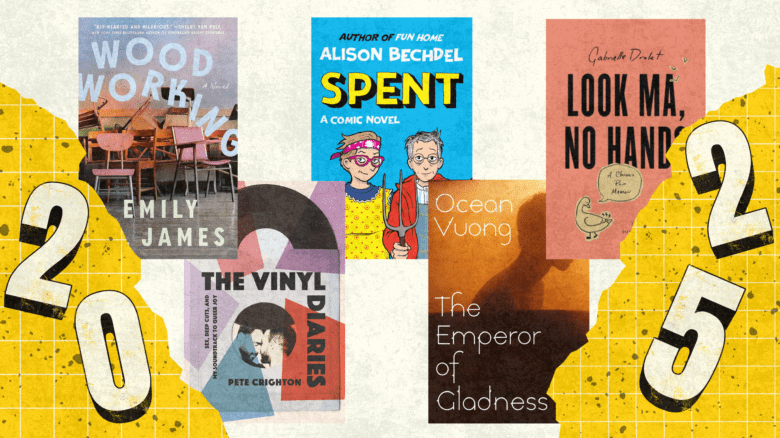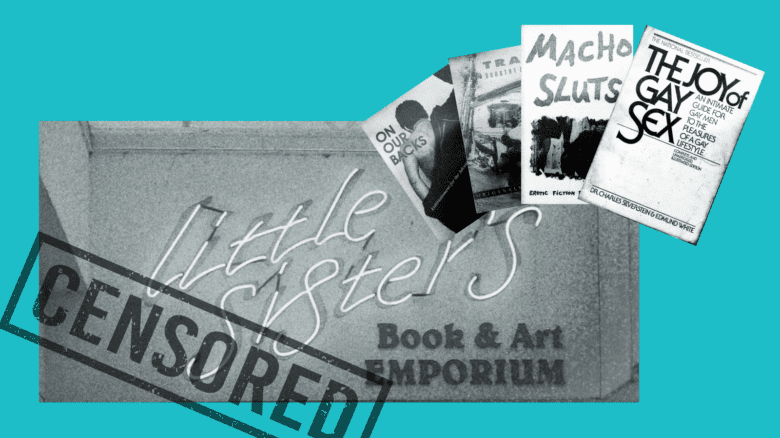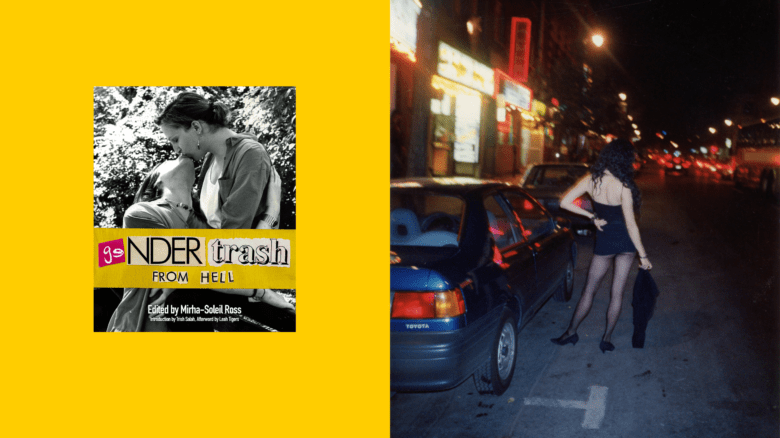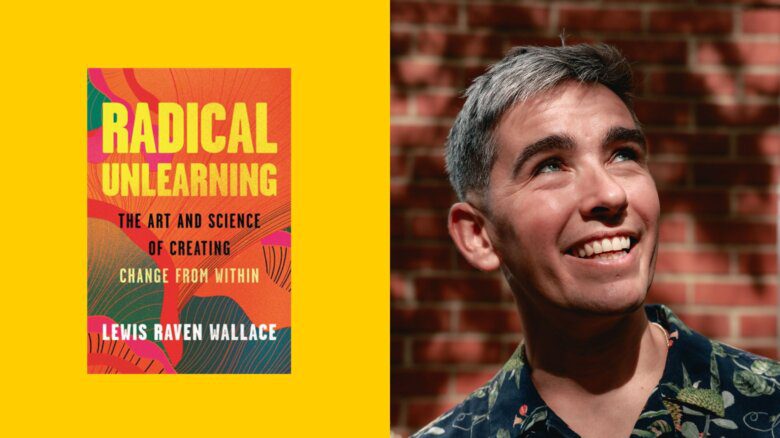To say Janelle Monáe is a force to be reckoned with is an understatement. At just 36 years old, the multi-hyphenate superstar has already conquered the worlds of music, film and television, becoming someone to keep our collective eyes on. It should be no surprise, then, that the Grammy-nominated, SAG Award–winning creative is adding the title of author to her ever-growing list of accomplishments. Monáe’s literary debut, The Memory Librarian And Other Stories of Dirty Computer, on sale Apr. 19, takes her penchant for Afrofuturism that audiences have come to love to a different level. An effort in the tradition of speculative writers like Octavia Butler, Monáe weaves an inspired tale of purposeful and creative defiance, offering a glimpse into a freer and more balanced world.
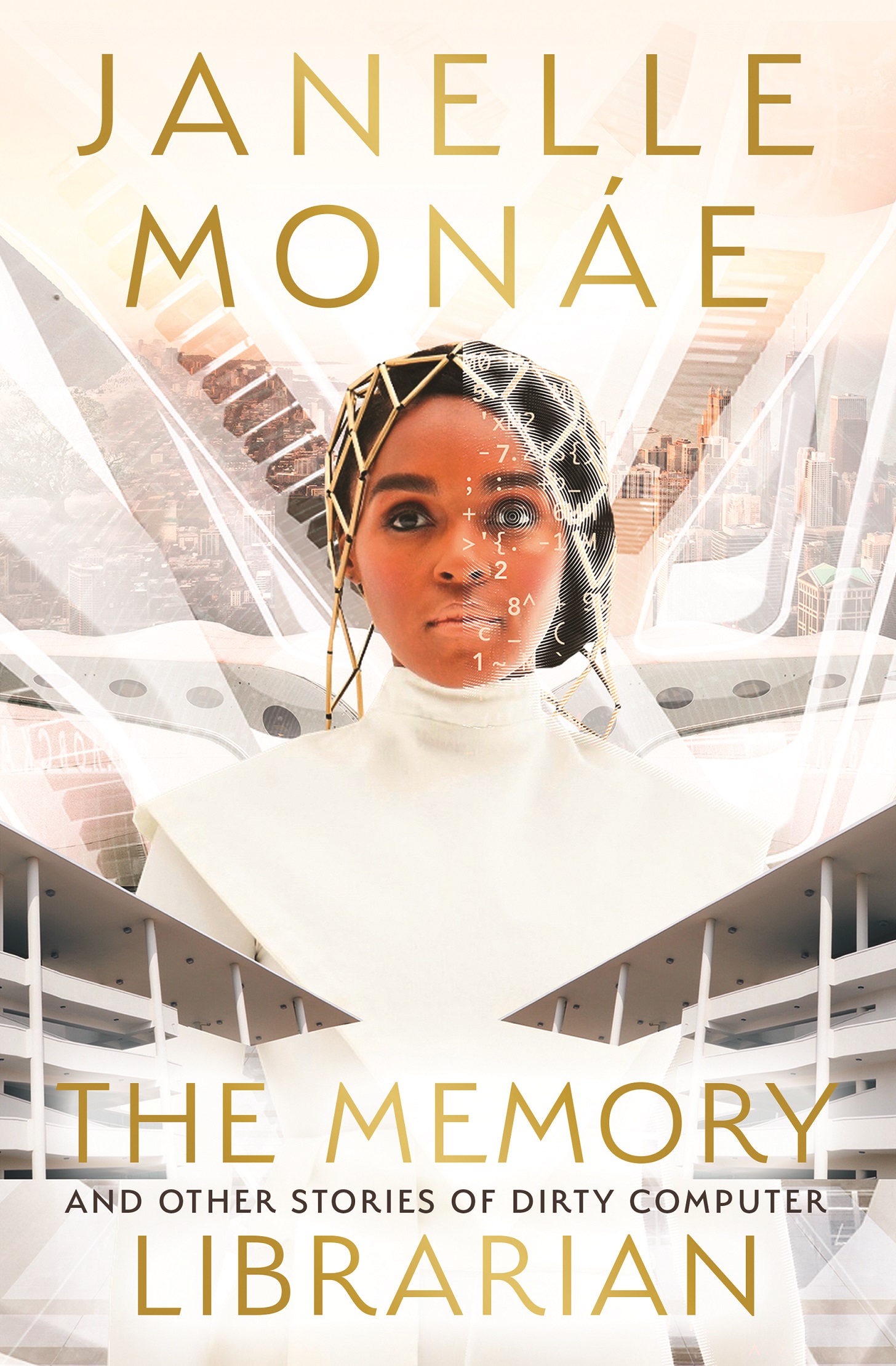
Credit: Courtesy Harper Collins
A collection of short fiction, The Memory Librarian reimagines what the world would look like without oppressive systems like sexism, racism and other forms of bigotry. An extension of the creative world Monáe has rooted much of her artistry in, the book aims to put on the page the universe she articulated in her critically acclaimed 2018 album (and accompanying “emotion picture”), Dirty Computer. Centred on Jane 57821, a “dirty computer” (Monáe’s stand-in for marginalized and othered people), each chapter takes the reader through the android’s stored memories of rebelling and refusing to conform to society’s expectations. Along that journey, new characters are introduced, including Raven, a headstrong and curious college student and yoga instructor, and Akilah, Raven’s well-intentioned, even-tempered girlfriend. There’s also Larry and Amber, a brother-sister duo who are pariahs in their own community due to a set of circumstances out of their control.
Monáe collaborated with writers Danny Lore (Queen of Bad Dreams for Vault Comics), Alaya Dawn Johnson (Trouble the Saints), Yohanca Delgado and Sheree Renée Thomas (Nine Bar Blues) alongside sociologist and author Eve L. Ewing (Electric Arches). Together, they created a literary space that places an emphasis on all-encompassing fairness, love, vindication, queerness and reclamation of community to create a narrative that is cohesive and anti-establishment.
Monáe has undoubtedly mastered the art of bringing her imagination to life. Creating her own characters only adds to her zeal. When we first met Jane 57821 on Dirty Computer, she was playing a part in “musical activism” as the album paired unique sonic components and compositions against an often gritty sci-fi backdrop. This time, she’s starring in what could be a launching pad for the next season of Netflix’s Black Mirror. “It’s an honour to be working in these genres to create stories that I hope make all the dirty computers around the world feel seen,” Monáe told People magazine recently. “The radical joy of this process has been creating space—creating narratives—within the Dirty Computer world and to then have the opportunity to invite these talented writers into those narratives and swim in creative waters together—letting our ideas push each other even further—made it even more special.”
While reading The Memory Librarian, I felt Monáe’s carefully carved vision. Given the book’s cyberpunk genre, it’s clear that she and her collaborators were in alignment before putting words to these themes and ideas. It’s an immersive experience that takes the reader on a series of journeys, each story a stand-alone within the grander scheme of the sci-fi world. Two of my favourite chapters are “Timebox” (a collab with Ewing) and “Timebox Altar(ed)” (a collab with Thomas). Both stories examine the concepts of time and “time debt.”
“Time purchased with hoarded and illegitimate wealth, time wrung from the muscles of Black Bodies, time wrenched through a vicious alchemy from the violent arms of colonialism,” they write in “Timebox,” for example. “Friends, we exist in a perpetual state of time debt, wherein only those who have benefitted from this thieving achieve the privilege of what we so blithely call genius.”
What I enjoyed most about The Memory Librarian was its audaciousness to explore the intricate nuances of a reimagined world. Throughout these pages, Monáe’s imagination—along with her collaborators’—is on full display. The characters we meet are multifaceted and layered, as are their experiences. And the stories highlight universal threads.
Ultimately, with an equally dark and colourful cast of characters and thought-provoking soliloquies, the neo-universe created in The Memory Librarian knows no bounds. While it did fall a bit short—this genre is always a challenge for me—I recognize that any fan of sci-fi and fantasy à la Tomi Adeyemi’s Children of Blood and Bone will enjoy this read. My primary issue was with the pacing of some of the stories. But overall, it’s a sufficiently curated literary experience rooted in specific themes, and there’s a good amount of queer and trans representation throughout the pages.
The Memory Librarian And Other Stories of Dirty Computer is available in stores and online Apr. 19.
This story was published with support from Critical Minded.
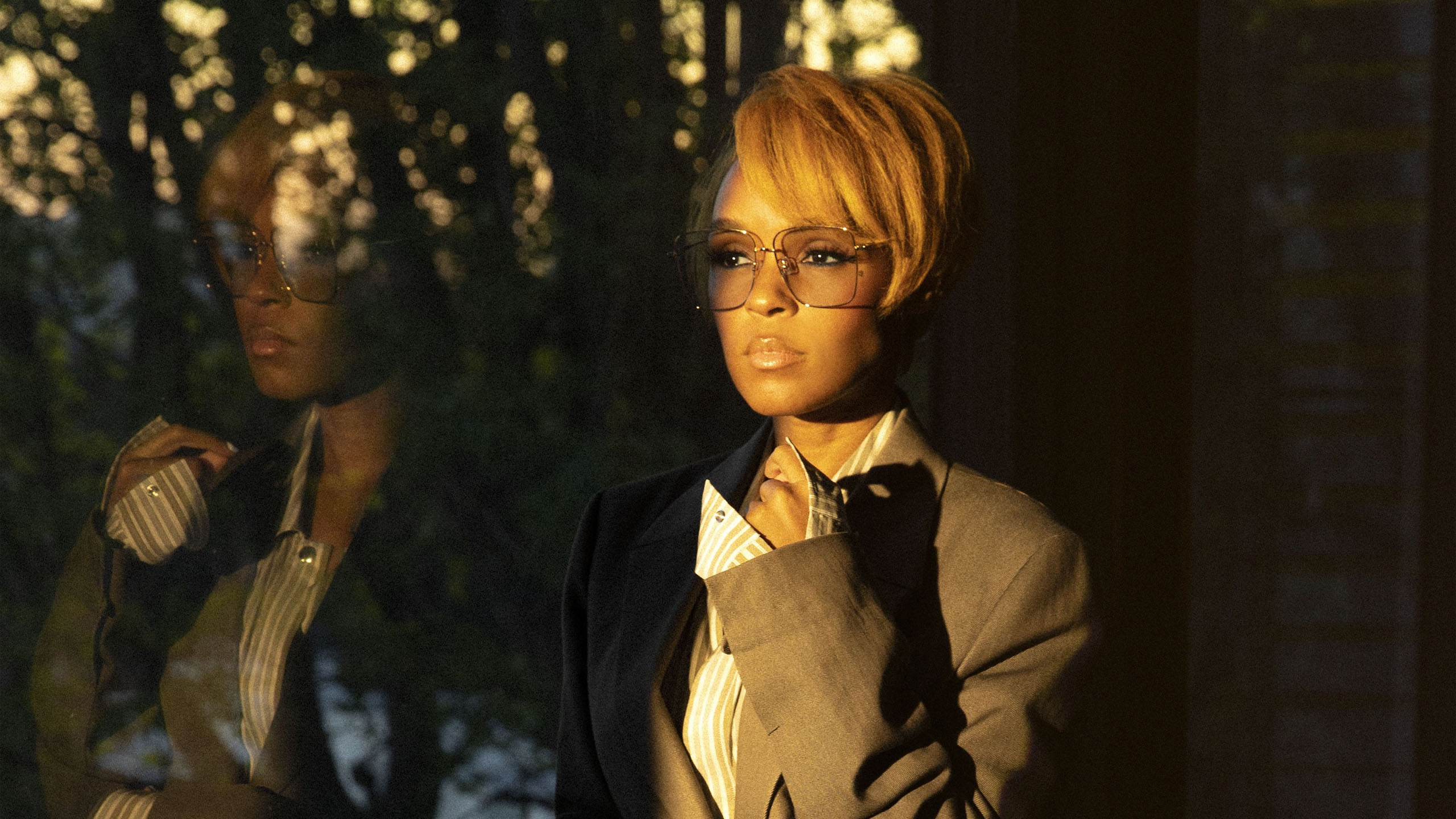

 Why you can trust Xtra
Why you can trust Xtra